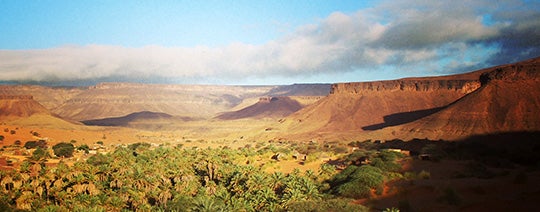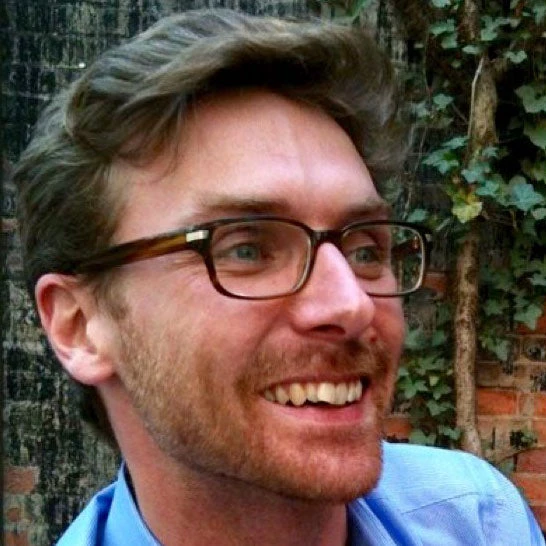
Last month, in Mauritania, I stopped by a village just north of the Senegal river. As we drank tea under a patchy old tent, an old man pointed to the surrounding savannah – grassland with the odd acacia tree.
“This all used to be dense forest when I was growing up. As children, we were scared of walking home after dark because the animals might eat us.”
“What happened?”
He shrugged. “I don’t know. We just cut the trees. For fuel. For our cattle to graze. And this is how it is now.”
I looked out and saw a couple cows and some goats grazing. Cutting down the forest did not seem to have brought great wealth or benefit to the community.
I came back the next day, having read up on the teachings of Islam, which are remarkably elegant and clear on the subject: “Is it not true that ‘The earth is green and beautiful, and Allah has appointed you his stewards over it’?"
“Yes. But we still have to cook dinner.”
My host was kindly reminding me, as we sat shaded from the sun, that certain imperatives will always take precedence over environmental, or even spiritual aspirations.
Poverty is a binding constraint, where immediate needs come at the cost of the long-term. It is a daily line to walk, where poor resource management or a single bad weather event can cause disaster, hunger and even death. Living in poverty is a risky business.
Though the poor consume far less than the rich, they suffer the harshest consequences of environmental degradation because they often rely on local resources to live. When those resources come under stress, due to population growth, overexploitation, climate change or plain bad luck, ecosystems weaken and can collapse. This has left hundreds of millions across the developing world in the midst of an environmental crisis. Forests and wildlife disappear, farmland erodes, villages and neighborhoods are left at risk of drought, floods or landslides.

Would ending poverty be the solution to this environmental crisis? While it would certainly lift the population’s dependence on exploiting local resources, suddenly adding billions of additional consumers would also be an unprecedented shock to the global environment. Today, with nearly 3 billion people live on less than $2 a day, we are already overshooting the earth’s productive capacity by half, using 1.5 times the earth’s annual biocapacity. Today, the 12 percent of the world’s population that lives in North America and Western Europe accounts for 60 percent of private consumption spending, while the one-third living in South Asia and sub-Saharan Africa accounts for only 3.2 percent. An additional 3 billion global consumers would be a massive shock to the global ecosystem.
Ending poverty remains a moral imperative, but it can’t be distinguished from the question of the environment. The environment is as much an opportunity as a trap for the poor. Natural resources can lift out or lock down into poverty.
In practice, ending poverty and environmental sustainability are two sides of the same coin, at the local as much as global level, and progress on the one cannot be made without the other. People must consume to survive, and people living in poverty will continue to rely on local resources. So environmental sustainability must include the poor. Or ending poverty will lead to a terrible increase in consumption that will shock the environment unless sustainability is not accounted for.
If we pursue one without the other, we will end up with neither, like a poor village with no trees.


Join the Conversation